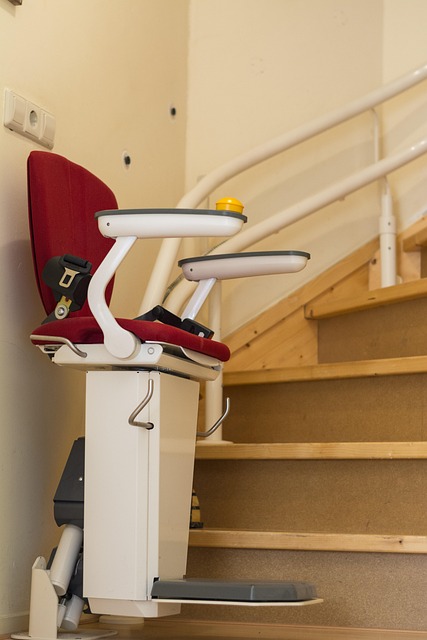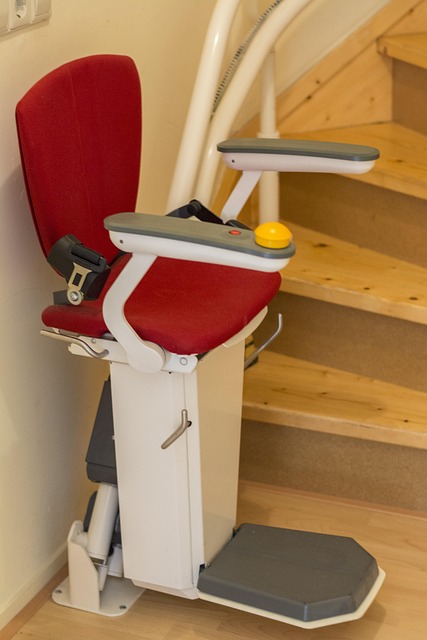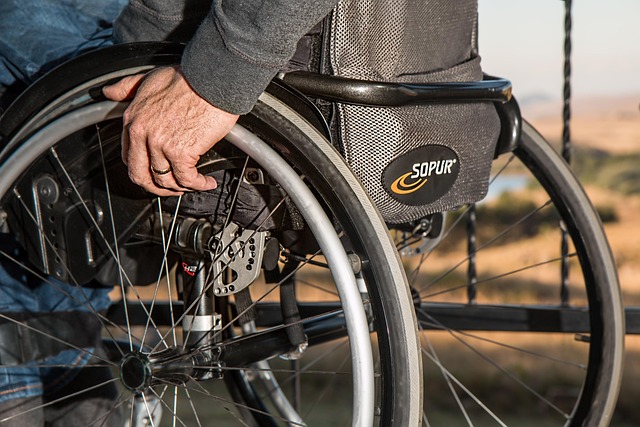A mobility expert has identified five key signs that elderly parents may be hiding serious mobility problems, putting them at risk of dangerous falls.
Neil Mckenzie from Halton Stairlifts, who specialises in creating safer home environments for older adults, says spotting these behavioural changes early could prevent life-threatening accidents.

“Many elderly parents worry about losing their independence, so they often conceal mobility difficulties from their children,” said Mckenzie. “This reluctance to admit they’re struggling can lead to dangerous situations that might result in serious injury.”
According to Mckenzie, one of the most common signs is making excuses to avoid using stairs. “If your parent suddenly prefers to stay downstairs or avoids going upstairs until absolutely necessary, this could indicate they’re having trouble with steps,” he explained.
NHS data shows that 20% of adults aged 65 and over need help getting up and down stairs, making it the most common mobility challenge for older adults.

The second sign is a noticeable decline in personal hygiene or changes in bathing habits. “Many elderly people find bath time particularly challenging but won’t admit it,” said Mckenzie. “They might start taking fewer baths or showers, or you might notice they’re wearing the same clothes more frequently.”
The NHS Health Survey for England found that 13% of adults aged 65 and over need assistance with bathing or showering, yet many don’t receive the help they need.
A third warning sign is unexplained bruises or minor injuries. “If you notice unusual bruises or scrapes that your parent dismisses or can’t explain properly, they might be experiencing falls or bumps they don’t want to tell you about,” Mckenzie warned.
Rearranging furniture or living spaces can be the fourth indicator. “Watch for subtle changes in how their home is arranged,” said Mckenzie. “Many older adults will create ‘support routes’ through their home, positioning furniture so they can grab onto something while walking.”
The fifth sign is declining invitations to leave the house. “If your usually social parent starts avoiding outings or visits, it could be because they’re worried about navigating different environments,” he said.
The NHS data reveals that 20% of adults aged 65 and over need help shopping for food, and 19% require assistance with routine housework – tasks that involve moving around both inside and outside the home.
Mckenzie noted that these problems often worsen gradually, making them easy to miss if you see your parent regularly. “The changes happen so slowly that many families don’t notice until there’s a crisis,” he said.
What’s particularly concerning, according to the NHS research, is that 22% of adults aged 65 and over had unmet needs for help with daily activities, showing many older adults aren’t receiving the support they require.
The NHS data also shows mobility problems increase dramatically with age – while 21% of adults aged 65-69 need help with daily activities, this jumps to 52% among those aged 80 and over.


















